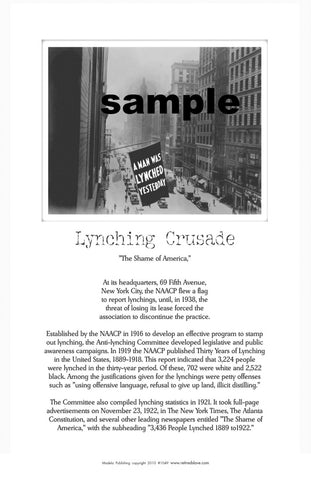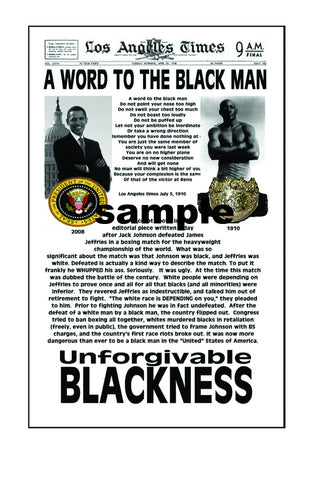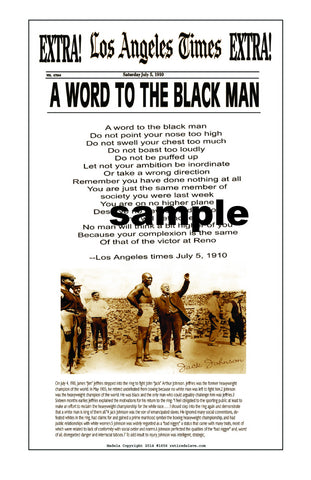Mississippi civil rights workers murders #1456
$ 8.00
Caption from poster__
Mississippi civil rights
workers murders
The murders of civil rights workers James Chaney, Andrew Goodman, and Michael Schwerner by a conspiracy of police and Ku Klux Klansmen in Mississippi on June 21, 1964, was one of the pivotal events of the civil rights movement. Because two of the victims were white — and their disappearance baffled investigators for almost the entire summer of 1964 — the case became a national preoccupation, bringing the Federal Bureau of Investigation (FBI) and world press attention to tiny Philadelphia, Mississippi, the town where the young men had disappeared. Mississippi was historically a conservative state where whites exercised considerable control over the majority black population; over the years, it had developed a strong distrustful attitude toward outsiders or anyone who threatened “the southern way of life,” meaning segregation and the denial of many basic rights to black people. As early as 1961, civil rights workers had targeted Mississippi for efforts to encourage expanded voting rights, for in its repressive environment, few blacks were allowed to vote. The voter registration work was difficult, however, with volunteers frequently being beaten and arrested. Fearing that the rest of the United States did not fully understand the importance of these events, the civil rights movement hatched a plan to create the Mississippi Summer Project, later known as Freedom Summer, in which 1,000 northern college students, mostly white, would flood the state to help with voter registration and, by their presence, make Mississippi’s situation better known. At the prospect of such an “invasion,” local resistance stiffened; belligerent state leaders vowed opposition, and the Ku Klux Klan, a white vigilante group that historically had employed violence and intimidation to enforce regional racial customs, was revived. On the very first day of Freedom Summer, June 21, the three civil rights workers — Chaney, a local black Mississippian who was 21; Goodman, a 20-year old New York college student; and Schwerner, a social worker from New York’s Lower East Side who at 24 was already a veteran activist — drove to the remote black hamlet of Longdale to investigate a recent Klan assault. They had visited previously in the hope of opening a class to teach blacks how to register to vote. After meeting with their contacts there and viewing the charred remains of a church the Klan had set on fire, the young men were heading west toward the county seat of Philadelphia when Deputy Sheriff Cecil Ray Price stopped them for speeding. He placed them under arrest and escorted them to the Neshoba County jail. The civil rights workers, while naturally suspicious of the local police, did not resist. Like everyone in their movement, they believed in the power of nonviolence and non-confrontation to attain They had no way of knowing that Price was part of a Klan conspiracy to hold them in jail until a mob could be assembled. Later that night the deputy released the three boys, who immediately returned to their car and began driving toward Meridian, where they were based, about a half hour’s drive south. Out on the dark rural highway, however, a Klan posse of vehicles, including that of Deputy Price, chased down the civil rights workers. Removing them to a secluded area nearby, the Klansmen pulled their victims from the car, shot and killed them, and secreted their bodies in an earthen dam being built on a neighborhood dairy farm. A 44-day search ensued, as FBI agents dispatched by President Lyndon Johnson scoured the state. All summer long the world read reports of the mystery, while Mississippi officials refused to even investigate the case, insisting that the disappearance of the men was likely a hoax. When, on August 4, the FBI finally located the dead civil rights workers, a national outcry demanded that those responsible for so heinous a crime be caught and punished. In the U.S. justice system, murders are normally prosecuted under state law, in the courts of the state where the crime took place. When Mississippi declined to press murder charges, the federal government sought alternatives. Beginning in the 1940s, Washington had tried unsuccessfully to prosecute southern lynch mobs under old Reconstruction-era civil rights laws. It had never done so successfully, but the Justice Department resolved to try again. In early December 1964, the FBI arrested 21 men in the case — local Klansmen and several police officers, among them the Neshoba County sheriff and his deputy — and charged them with conspiracy to violate the three activists’ civil rights. Prosecutors were forced to go all the way to the U.S. Supreme Court to have the laws clarified and validated for use in this case. But in 1967, in a landmark verdict, a federal jury of Mississippians found seven of the defendants guilty, and the federal court handed down sentences of up to 10 years.




